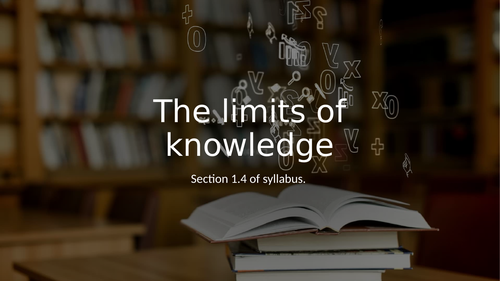The Ghost of a Flea- Lessons for RE
My name is Andy and I have taught Religion and philosophy for over 20 years. My shop is called the 'Ghost of a Flea' as I am inspired by William Blake's love of imagination as the key to life. I believe this can also be applied to education. My resources will cover more traditional areas such as exam papers. However, there will also be lessons related to art and my own personal interest of using anthropology within RE.



